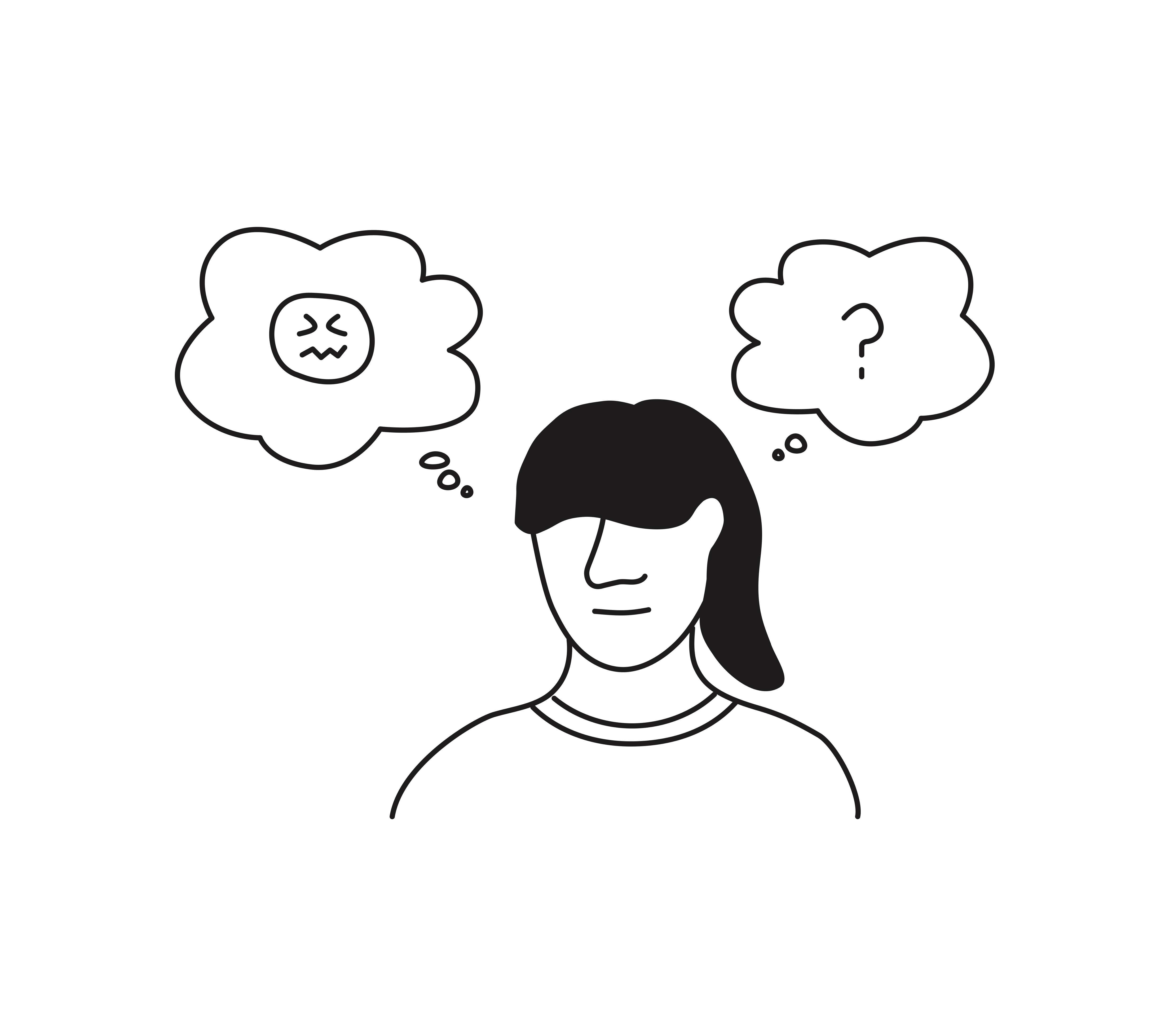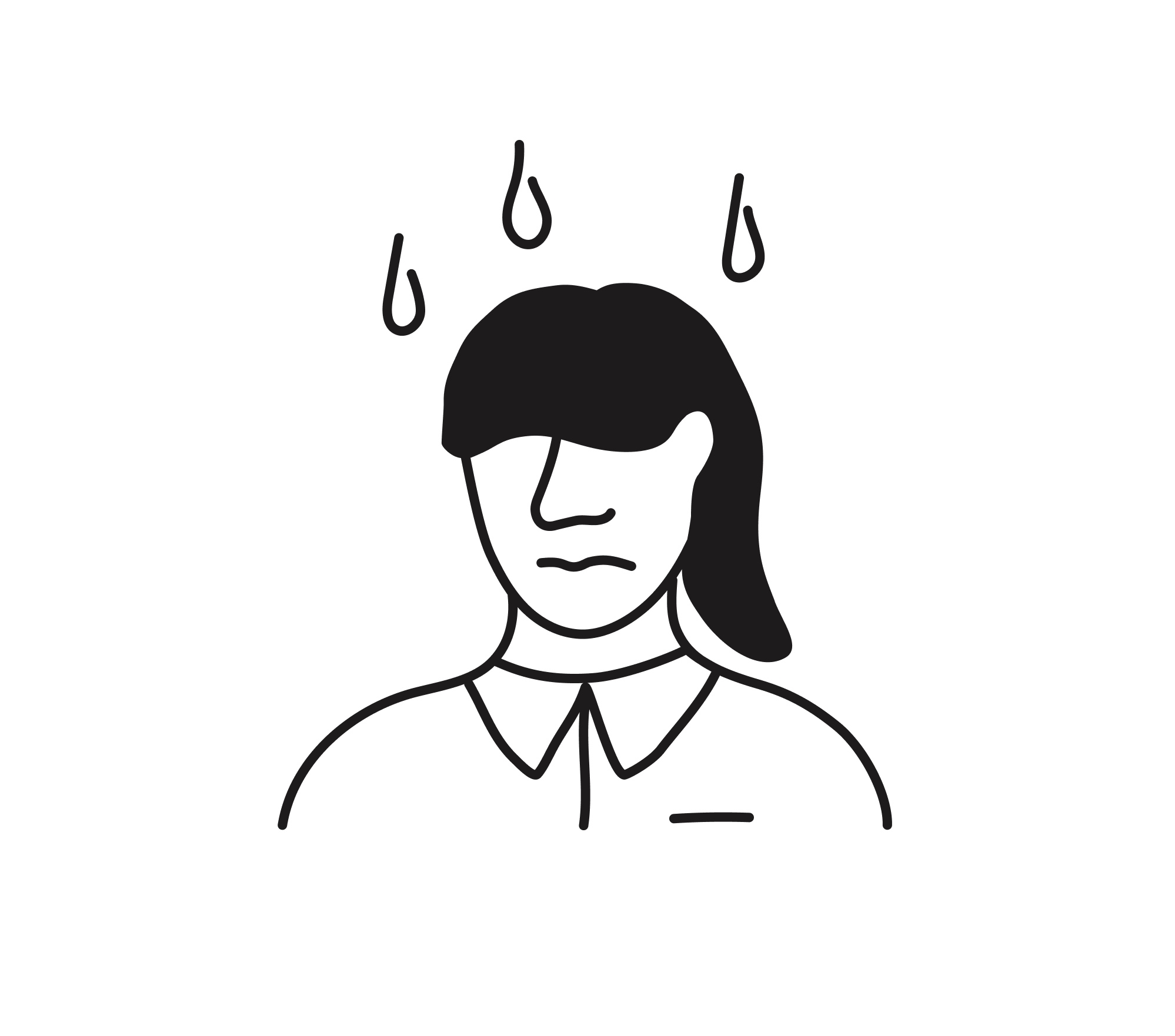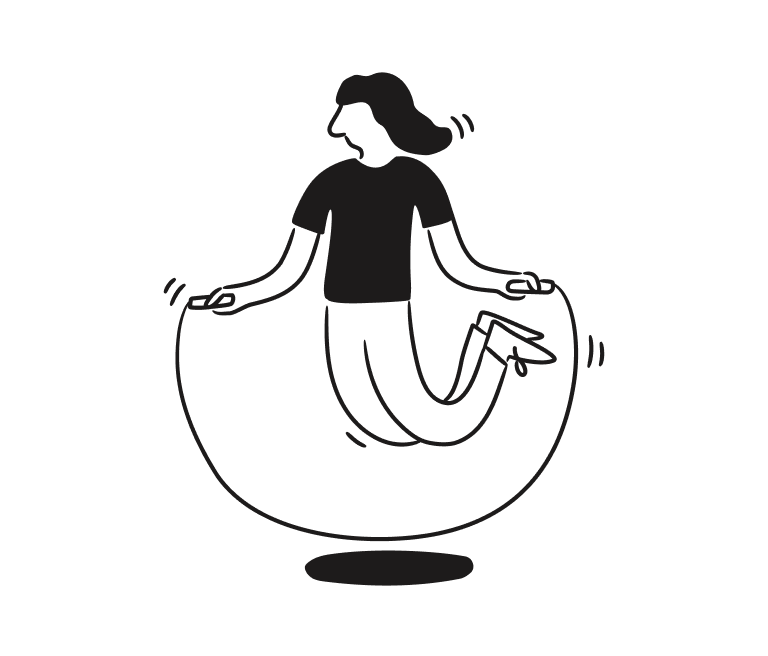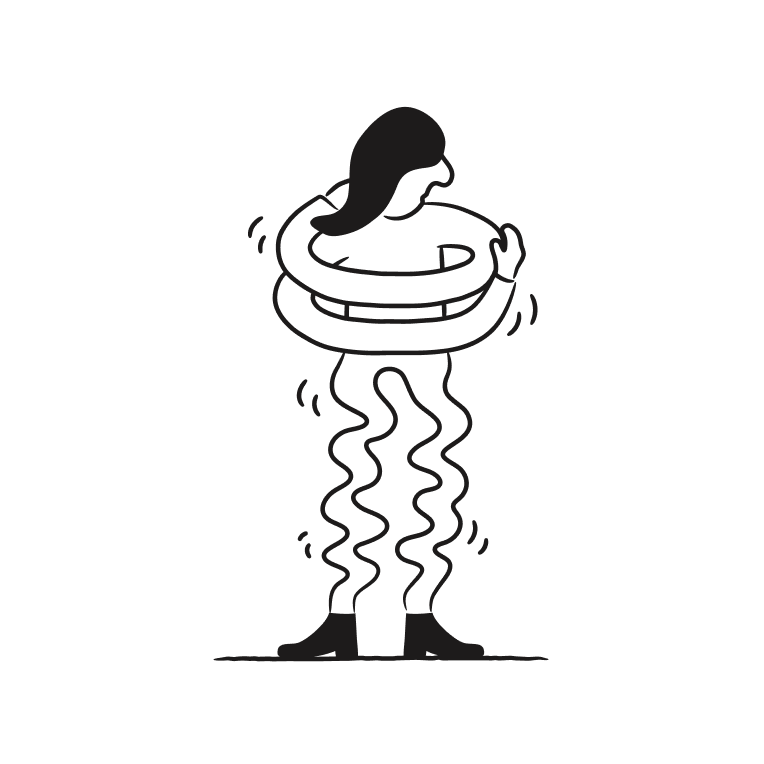Intrusive Thoughts
Intrusive thoughts or unwanted thoughts can pop into our heads unexpectedly, without warning, at any time. They can be disturbing or distressing and can significantly impact our mental well-being and how we behave.
Although intrusive thoughts are perfectly normal, people who are experiencing symptoms of anxiety or depression are more likely to encounter unwelcome thoughts.


Are intrusive thoughts normal?
Yes, most people experience an unwanted thought at some point, and it’s important to remember that intrusive thoughts are often just that - thoughts without any real meaning. As long as you understand that these are just thoughts and that you have no intention of acting on them, they are not harmful. However, if these thoughts are happening frequently or causing you distress, it can be overwhelming and start to interfere with your daily life.
Things you can do to help yourself

Label them
Recognise them as thoughts, not facts and not necessarily reflections of reality or your desires and mentally label the thought as intrusive or a story to distance them.

Join a support group
Reaching out to others facing similar challenges can provide you with support and help you cope with challenges.

Stay active
Keeping active makes you healthier in mind and body. It can also help you sleep. Get some fresh air and go for a walk to distract your mind.

Learning relaxation and stress management techniques
When done in addition to professional treatment, meditation, muscle relaxation, massage, deep breathing, yoga or tai chi, for example, may help further ease stress and anxiety.
Support with Mindler
While we’re not able to diagnose intrusive thoughts, we can support you with the emotional and psychological impact they may have - including feelings of low mood, anxiety, or stress.
Mindler (previously ieso) treats a range of common mental health issues including anxiety and worry, depression, post-traumatic stress disorder, obsessive compulsive disorder, phobias, sleep problems, and stress. Online therapy can be especially useful for those who are unable to travel or find it harder to leave the house because sessions take place online from the comfort of your home, from your smart phone or tablet, or anywhere where you connect to the internet.
If you’re experiencing difficulties, it’s important to speak with your GP first. They will be able to talk you through different support options suitable for your needs. One of the things they might suggest is cognitive behavioural therapy (CBT) which helps you to manage your feelings by changing the way that you think and behave.

What we treat
From trouble sleeping to anxiety to depression, mental health conditions can affect many of us in different ways. Mindler clinicians treat a range of common mental health symptoms.
Where to get urgent help

Support is available if you or someone you know is having a mental health crisis or emergency, no matter what you're going through.
If you or someone you know is having a mental health crisis, you can get urgent support here
Or speak to your GP or a mental health professional. Let them know about the symptoms you’re experiencing, and they can support you with what help is available.









